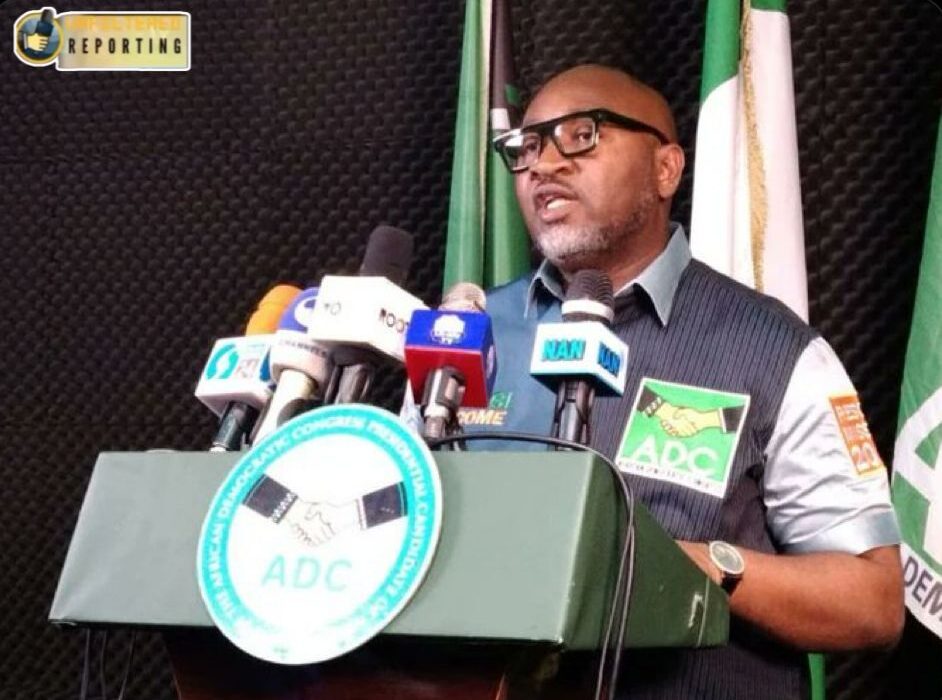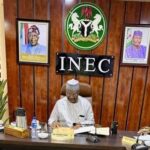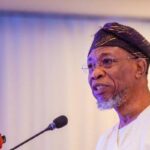You’re Not Our Member, ADC Disowns Dumebi Kachikwu as Leadership Crisis Festers

The African Democratic Congress (ADC) has moved to clarify its position in the wake of growing controversy surrounding its leadership, firmly declaring that former presidential candidate, Dumebi Kachikwu, is not a member of the party and has no role in its internal affairs. In a statement released by its leadership, the party stressed that Kachikwu, who contested the 2023 presidential election on its platform, ceased to have any official ties with the ADC after the polls.
The party leadership maintained that his continued comments on its activities were “none of his business,” insisting that only duly recognised officials are empowered to speak on behalf of the party. The declaration comes after the Independent National Electoral Commission (INEC) formally recognised a new national leadership of the ADC led by former Senate President, David Mark. The development followed moves by a coalition of opposition figures to adopt the ADC as their political platform ahead of the 2027 general elections. Party officials have defended the process, describing it as transparent and constitutional. Kachikwu, however, has strongly criticised the move, accusing the coalition and the new leadership of attempting to hijack the ADC. In a strongly worded response, he described the adoption of the party as a “dramedy” and faulted INEC’s recognition of the Mark-led leadership, calling it “irresponsible” and a dangerous precedent that could fuel further divisions within the party. He also insisted that he remains a valid member of the ADC, rejecting suggestions that he has been sidelined. The dispute has already spilled into legal territory, as several state chairmen of the ADC are reported to have approached the Federal High Court in Abuja to challenge the legitimacy of the leadership recognised by INEC. If the legal battle progresses, it could set the stage for a protracted struggle over control of the party’s structure and resources. Political analysts argue that the crisis reflects two major dynamics shaping Nigeria’s opposition politics. On one side, the adoption of the ADC by high-profile politicians could give the opposition a stronger platform ahead of 2027. On the other hand, the resistance from younger and reform-minded voices like Kachikwu underscores a growing tension over what they see as the recycling of “old politicians” without proper consultation with grassroots members. As the war of words between the ADC leadership and Kachikwu intensifies, many observers believe that the party’s cohesion and credibility are at stake. Unless the dispute is swiftly resolved, the ADC risks entering the next election cycle divided and weakened, despite attempts by its new leadership to project unity and stability.









